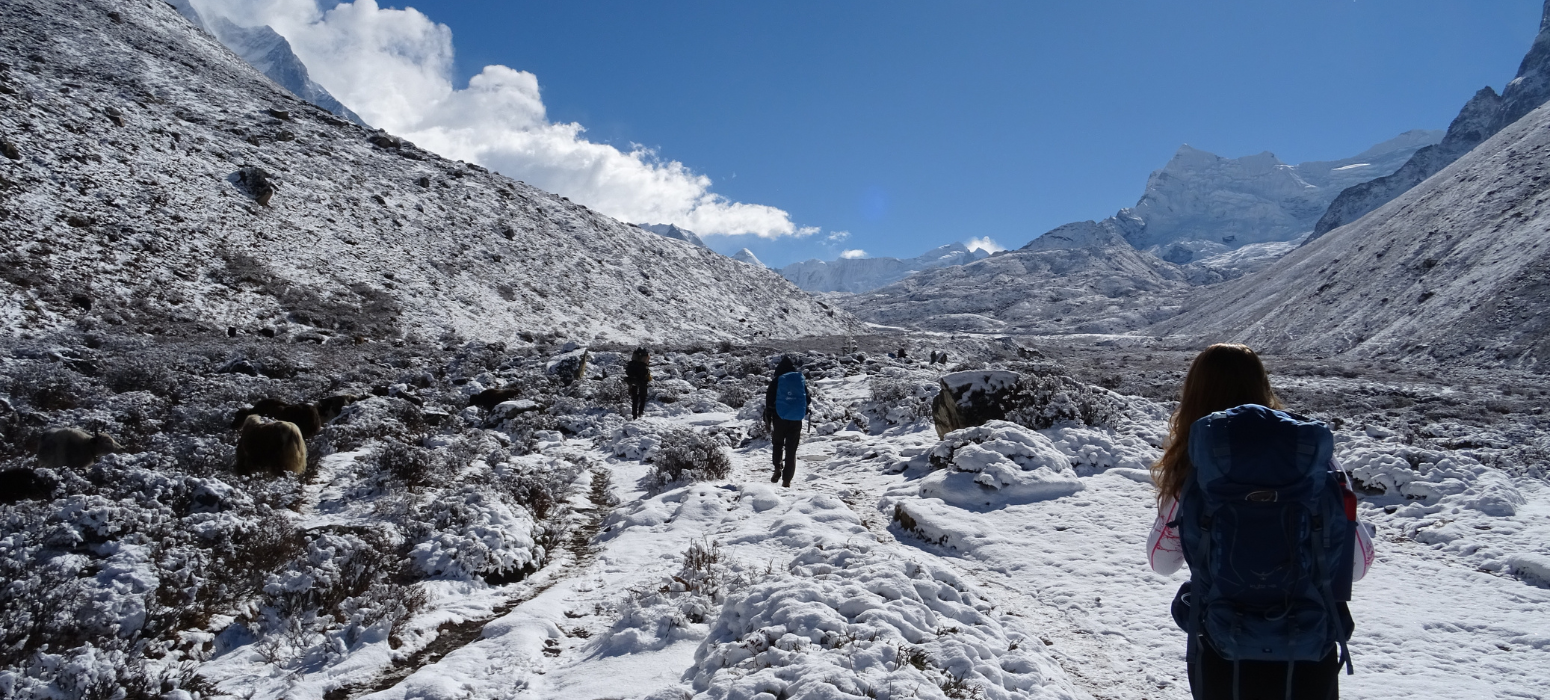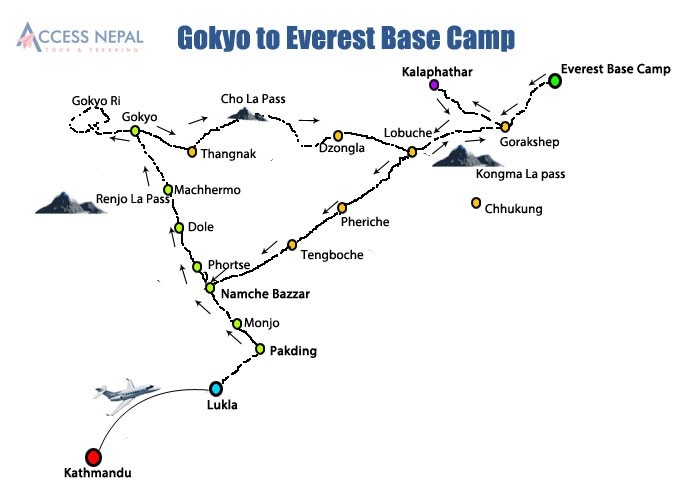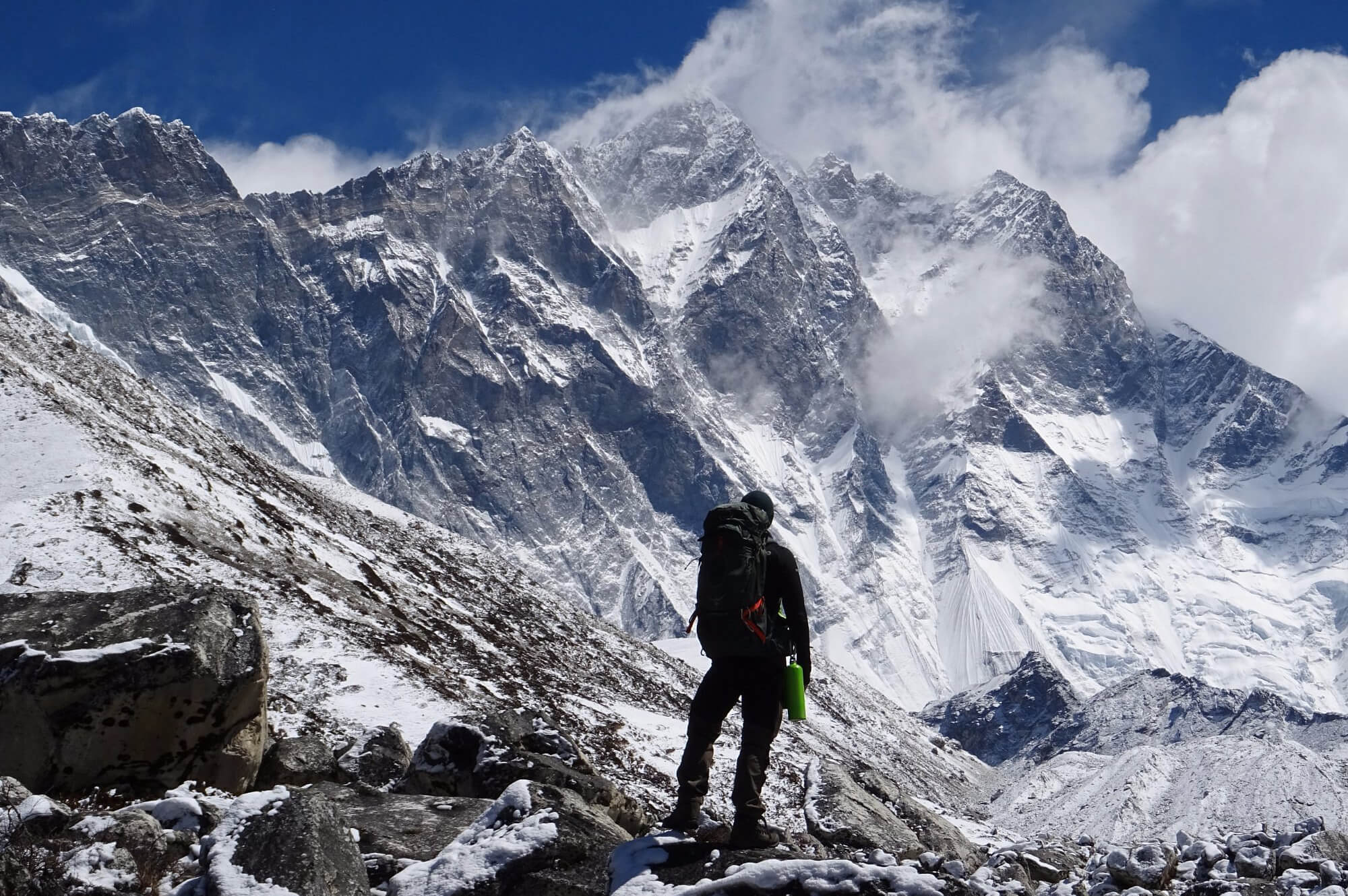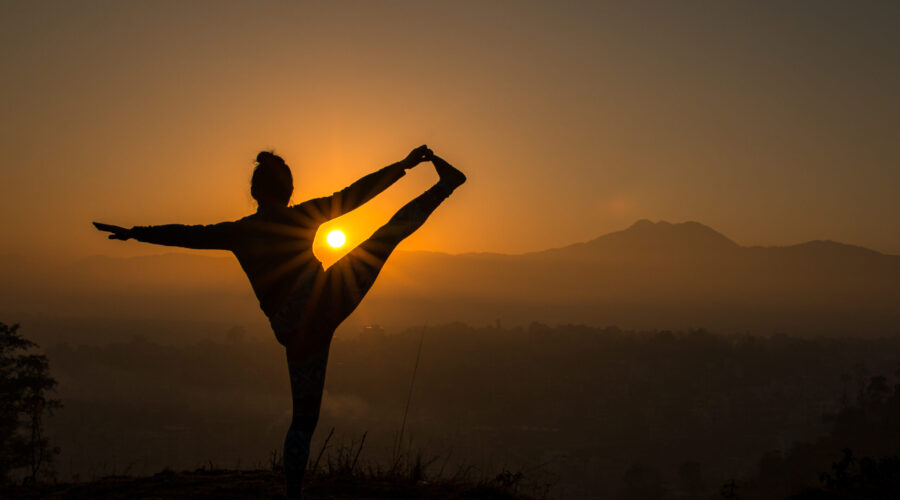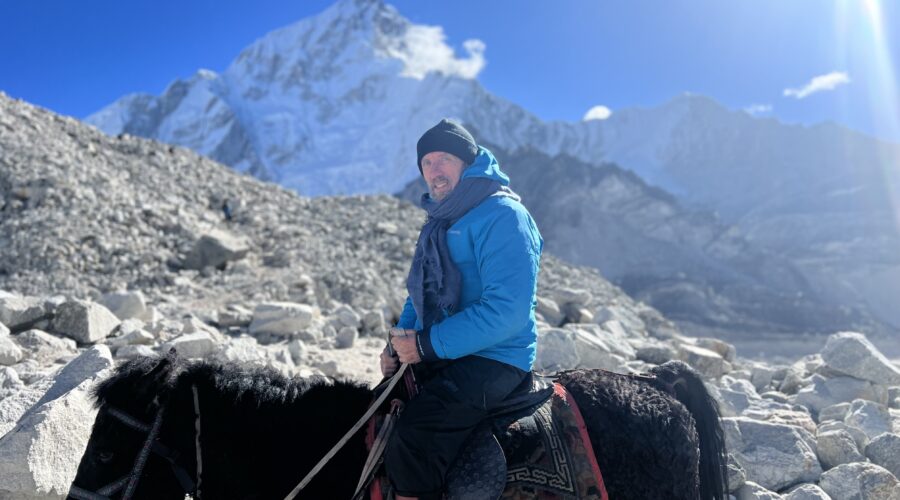+977-9841021636
[email protected]
- Destinations
- Nepal
- Trekking
- Everest Region
- Everest Base Camp Trek
- Gokyo Valley Trek
- Everest Panorama Trek
- Everest Three Passes Trek
- Everest Heli Flight
- Pikey Peak Trek
- Everest Base Camp Horse Riding Trek
- Everest Heli Deluxe Trek
- Jiri to Everest Base Camp Trek
- Everest Base Camp Trek via Salleri
- Gokyo to Everest Base Camp Trek
- Short Everest Base Camp Trek
- Everest Base Camp to Gokyo Trek
- Classic Everest Base Camp Trek
- Annapurna Region
- Annapurna Circuit Trek
- Annapurna Base Camp Trek
- Ghorepani Poon Hill Trek
- Mardi Himal Trek
- Upper Mustang Jeep Tour
- Annapurna Circuit Trek with Tilicho Lake
- Annapurna Sanctuary Trek
- Upper Mustang Trek
- Quick Trek Around Annapurna
- Royal Trek
- Ghandruk Circuit Trek
- Short Upper Mustang Trek
- Kali Gandaki to Muktinath Trek
- Manaslu Region
- Langtang Region
- Dolpo Region
- Kanchenjunga Region
- Everest Region
- Climbing and Expeditions
- Yoga Trekking
- Tours
- Day Tour
- Adventures
- Wildlife Safari
- Comfort and Luxury
- Trekking
- Tibet
- Bhutan
- Nepal
- Deals & Discounts
- Travel Guide
- Electricity in Nepal
- How to Pay?
- How to Book?
- Nepal Travel Guide
- International flights information
- Frequently asked questions
- Nepal Travel Insurance
- Altitude Sickness Information
- Our Guides, Trip and Safety
- Trekking Seasons
- Trek Packing List
- Experience and Fitness Required
- Privacy Policy
- Responsible Tourism
- Terms and Conditions
- About Us
- Contact Us
- Reviews
- Blog


